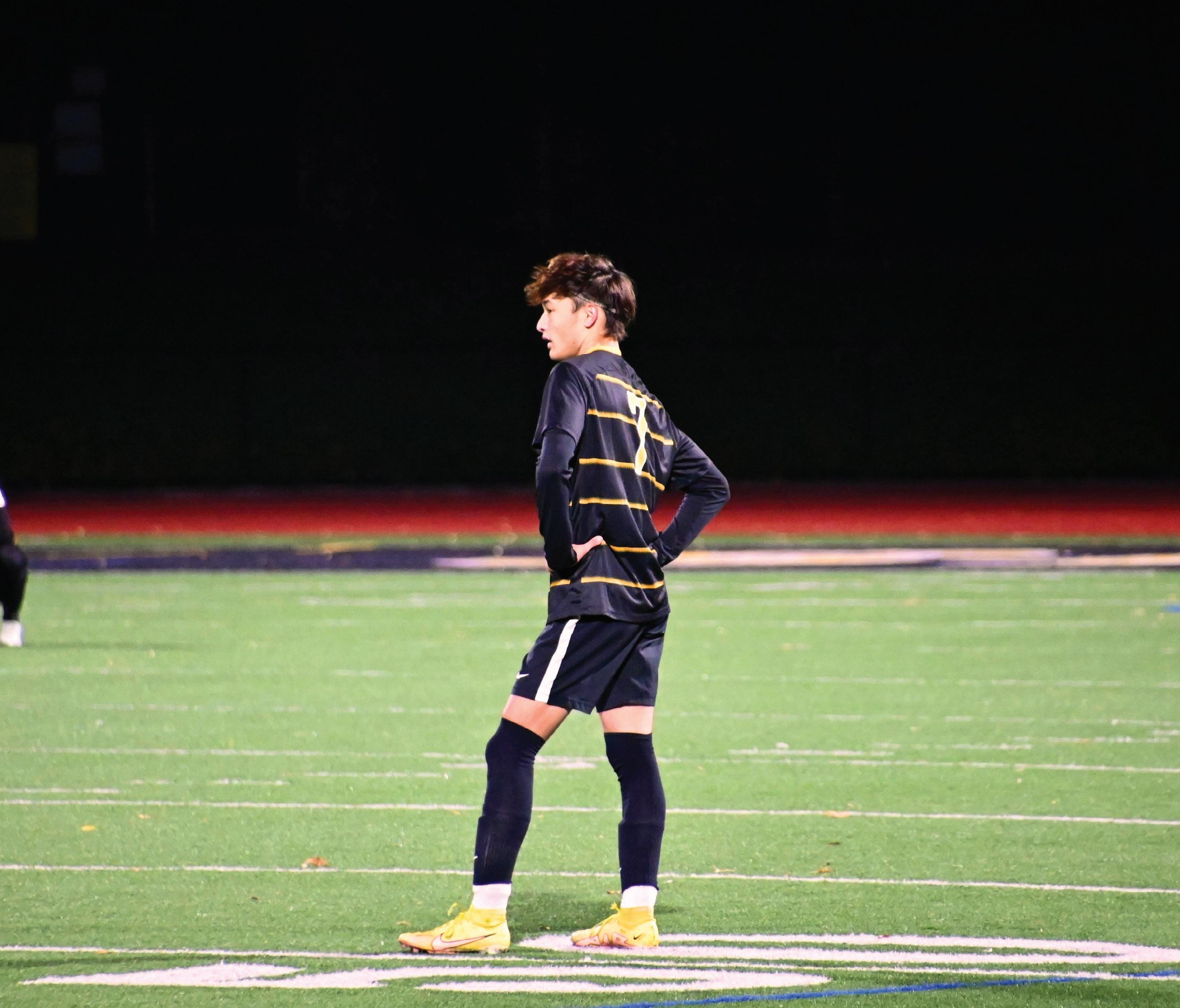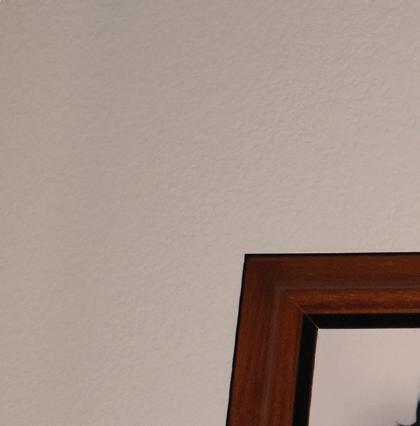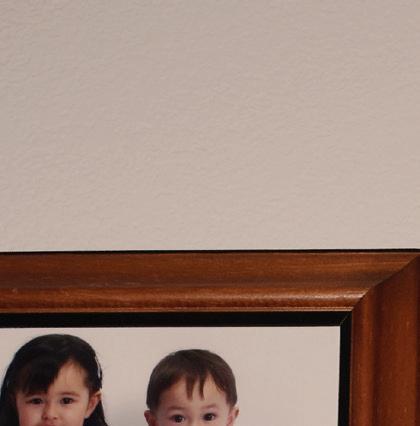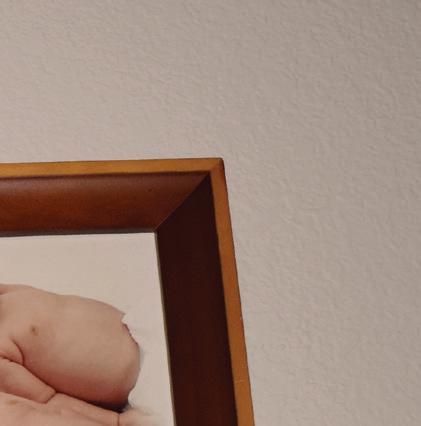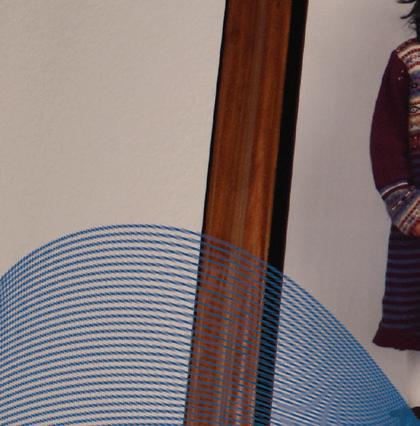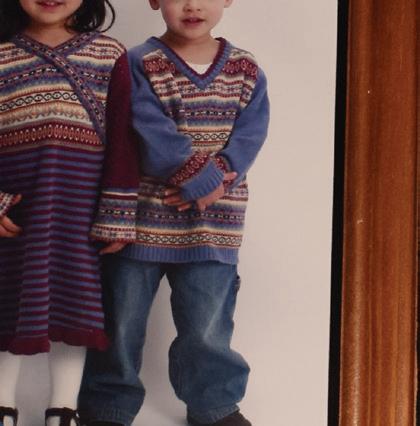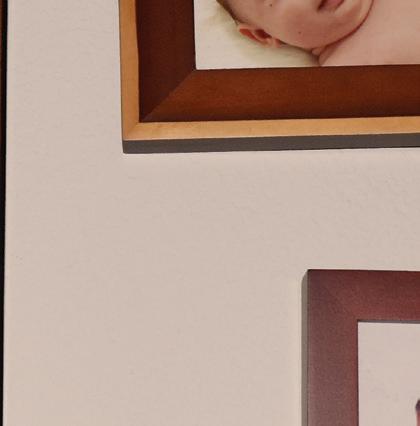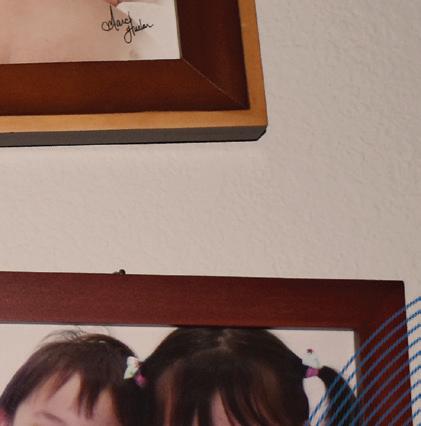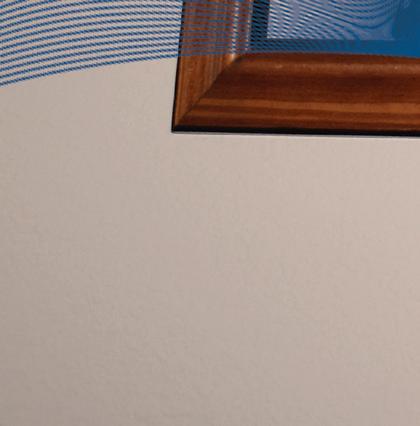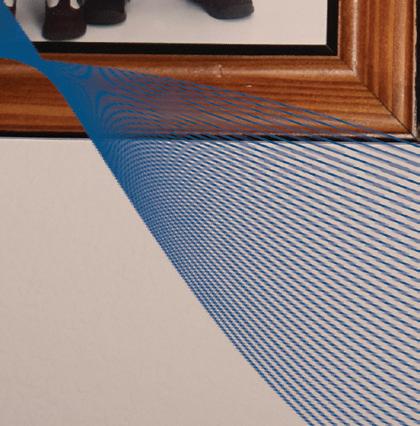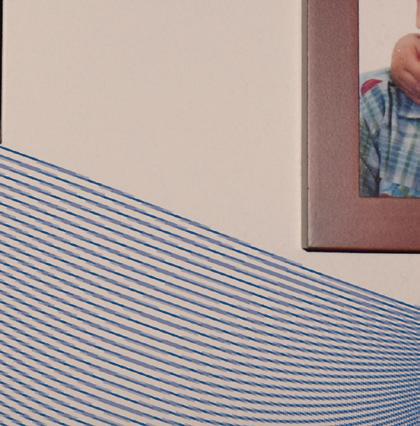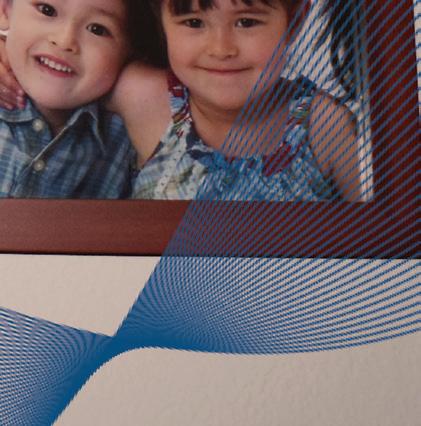
4 minute read
introduction introduction
During a brisk winter night, a soft smile presents the crowd, with her long brown hair that falls perfectly upon her varsity gymnastics windbreaker. While hugging familiar faces, Julie Bortolato has crept into the first 15 minutes of her brother’s game. It’s a Tuesday night at Mountain View High School and teens and parents have gathered to watch varsity soccer compete against various teams. After the crowd celebrates, and the whistle gets blown a prideful smile comes running from the other side of the field. Just trying to catch his breath while drops of sweat fly behind him, Luc Bortolato thanks the crowd for supporting him and acknowledges the presence of his twin sister by a gentle side hug. Although, The Bortolato Twins emit successful stability, Becoming a young adult is not a simple task. During high school, millions of developing brains are maintaining their lives everyday – driving to school, being able to independently do homework, and even making lunch. While all of these seem like trivial tasks, high schoolers often forget the importance of tending to their mental health and wellness. Although, there is a large group of students whose every day routines do not make time for a break: student athletes. Constantly competing to be the best can take up more time than you think, especially when you consider that after school practices often end after the sun goes down and homework isn’t usually finished until the clock strikes midnight. In other words, as Pleasant Valley High School student-athlete and Sports Editor Owen Gannaway explains, “Balancing sports with homework and other activities outside of school can be a real challenge for many athletes. By taking a break, it allows for athletes to recover and recharge.” These athletes are frequently taught about balance regarding sports and school, but during time outside of those two environments which activities are seen as “beneficial” to the students well being? It is too easily presumed that kids who balance such commitments should spend their time studying or working. However, two student athletes who live in the heart of Silicon Valley, Luc and Julie Bortolato, are proving that the key to student-athlete success is an active social life. With every school year getting more advanced, and every sports season getting more competitive, mental well being can get lost in between games, practices, exams, friends, and family. Most will associate the stress students carry with poor time management or too much time spent outside the house with friends. They often forget the human necessity for social interaction, and how important it is to a hard working student and athlete. scouts. Luc enjoys spending time with
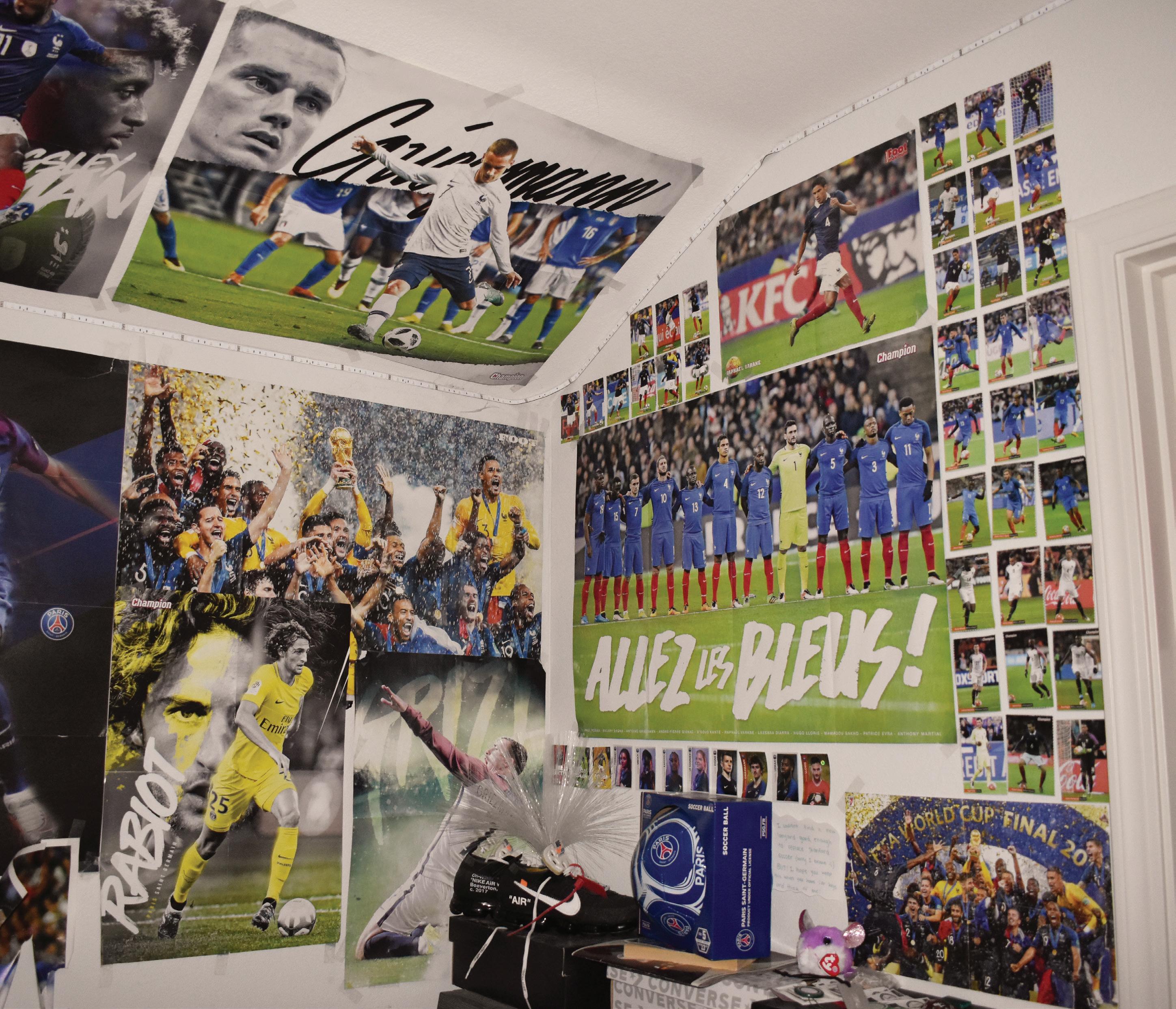
Advertisement
Luc Bortolato is a 17 year old soccer player who attends Mountain View High School. He has high ambition to play soccer in college, which has carried his skill through many teams, and made him appealing to the eyes of many scouts. Luc enjoys spending time with his friends ranging from classmates to teammates. Luc explains that he values his relationships both on and off the field because “You’re practicing your skills of socializing with people and you’re gonna need that in college and you’re gonna need that everywhere” (L. Bortolato). Luc is also a part of the Mountain View Track team, and is an avid supporter when he goes to see his friends play in their games as well. His story starts way back in 2014 when following the World Cup with his dad. Luc recalls, “After watching and understanding how to play the game I never looked back, and ever since then I have been playing at a competitive level” (L. Bortolato). Thus, he began to play for Waldorf Middle School. It was here when Luc started to enjoy exercising his abilities; although playing at this level, he wasn’t obtaining the practice he needed to be a “great” player. Alongside him up until 8th grade, Julie took a leap into her passion by attending Mommy and Me gymnastics classes. After going to a recreational gym for years, she finally found the courage to try out for a competitive team in 2017 with a company named Twisters. Ever since joining this team, Julie has grown as an athlete and a person. Being in such a tight knit community, it has taught her to speak up and use her voice to earn her spot in the gym. Julie reflects on how her Coach Erica “Taught me to be more assertive and Confident and to help get out of my shell” (J. Bortolato). For both Luc and Julie, sports have helped them understand the level that they wanted to succeed within their sport, gained skills, and improved their physical mobility.


These are just a few of the physical perks anyone can obtain from playing a sport, but what about the mental benefits? According to Manhattan Medical Arts, “Being good at sports makes you feel good and accomplished and boosts your self-esteem” (“Effect of sports on General Health”). Which hopefully we can all assume is extremely crucial in the lives of high schoolers. As Julie and Luc’s journey with their sports progress, they start to notice that they can receive the same self-esteem boost through other communities as well, like friends.
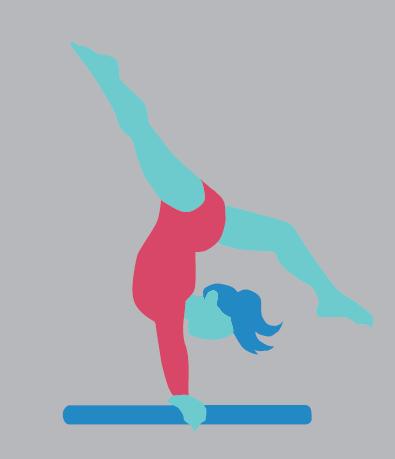
Sharing is a skill you need to have perfected in order to be a twin, although luckily when Julie and Luc crossed the golden bridge into high school, they stopped having to call dibs on friends. They had different friend groups, plans, agendas, and schools. Julie began attending a private high school named Saint Francis, and although she has a wide array of great people to surround her, it is harder to make time outside of school to build these friendships. This is due to the fact that at her school, students come from many different places around the south bay, making it difficult to see each other. Additionally students are also set at a higher standard of academic rigor that they are expected to keep up with. However, because of this Julie has acquired a skill of keeping her work organized and making it a priority before engaging in most social activity. Julie’s priorities are evident: “When [she does] hang out with friends or go out, [she is] confident that [she has] everything under control and [she knows] when to turn things in and [she isn’t} skipping practices or anything” (J. Bortolato). Of course both twins are going to gain and lose different freedoms at both schools. While Julie struggles to maintain some friendships outside of school, Luc has found a strong community at
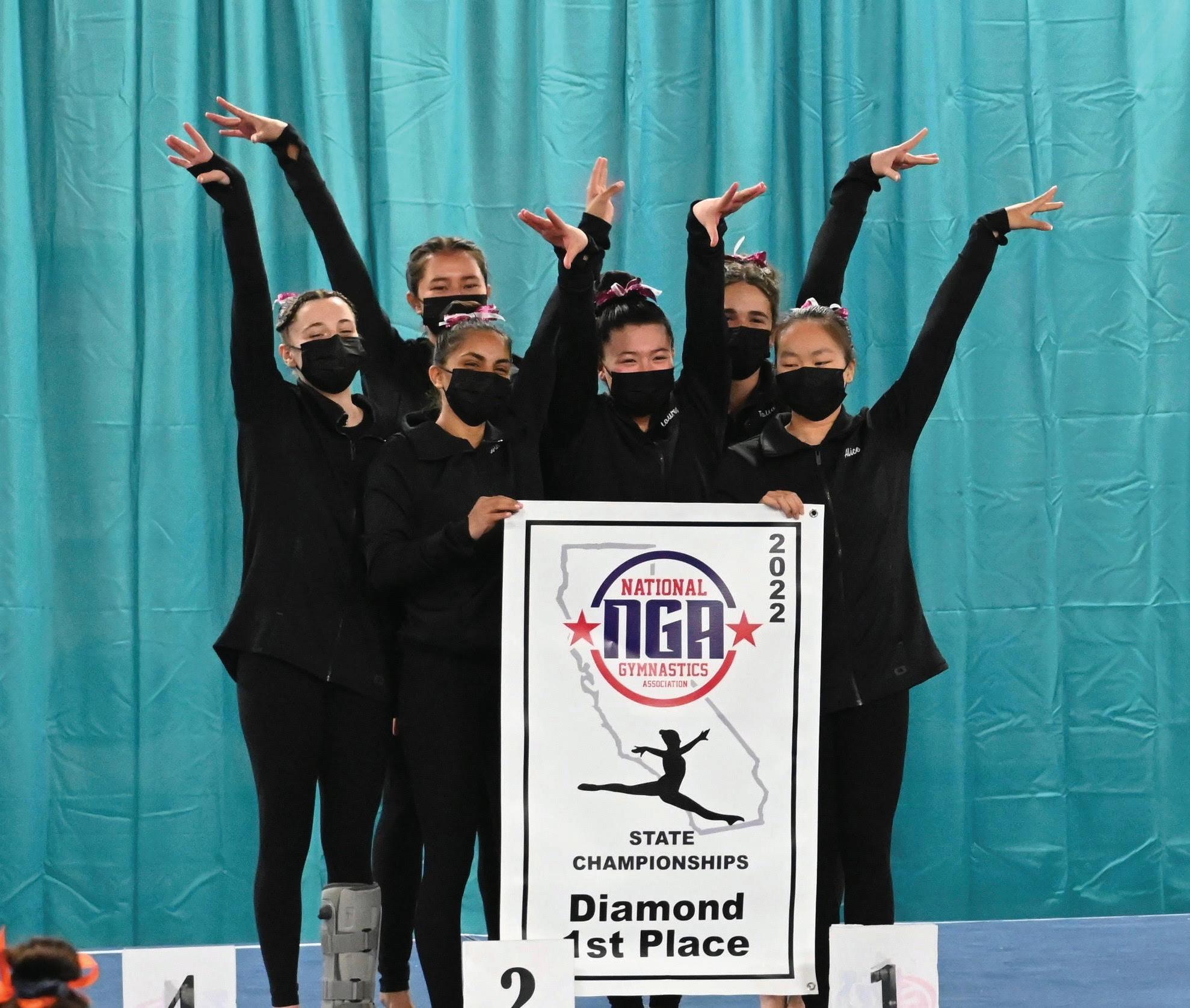
Mountain View High School that he has started to integrate into his life outside of school. Although Luc enjoys having great people who are just minutes away at all times this can strew his vision on what tasks need to be prioritized. Luc thoughtfully shares that “[he] definitely feel[s] guilty.” Being a twin often entails direct comparisons which he experiences when “[his] parents remind [him] or tell [him] oh, Julie’s studying or Julie’s just staying at home, and working.” However, Luc understands the importance of having a social break. (L. Bortolato)
